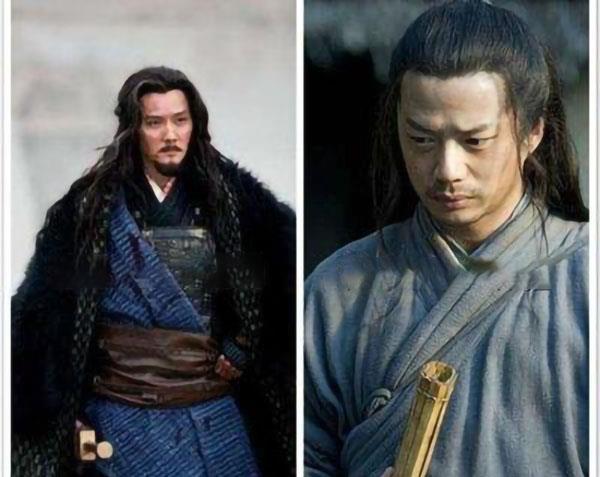At the time of Qin and Han, Xiang Yu was a military god, Han Xin was a soldier immortal, and who was more powerful between the two had always made people curious. The two of them met on the battlefield, only in the battle of Xiaxia. However, at this time, the strength of the two was extremely unequal, and the ratio of troop strength reached 7:1. Moreover, Han Xin's side was also Zhang Liang, Chen Ping, Yingbu, and Liu Bang behind him. But Xiang Yu was alone from beginning to end. Then you can think about a question: if two people use the same force and set up a frontal hard steel, who is more powerful? Usually, the average person thinks that Han Xin should not be able to beat Xiang Yu, and the author also thinks so. However, there are also two prerequisites for this: first, the number of troops is equal, and how many soldiers there are; second, the head-on duel, what is the terrain of the battlefield.

Let's start with the question of troop strength
Xiang Yu and Han Xin are two completely opposite types of martial artists: Xiang Yu is brave enough to crown the world, and the personal strength value is super high. Under his leadership, his troops were indeed very capable of fighting, and 30,000 Chu troops could defeat Liu Bang's combined army of hundreds of thousands of princes. However, if Xiang Yu was given 100,000 or 150,000 soldiers, with his ability, could he be in charge? The Battle of the Bulge has illustrated the problem. At that time, Xiang Yu had 100,000 troops in his hands, and as a result, he was almost killed by the ambush on ten sides; but later, there were only 37 people around him, but he was able to fight the "Dongcheng Quick Battle" and rush out of the encirclement.
We must know that when there are more soldiers, there will be more things, how to manage, how to publicize and educate, and how to unify command. And Xiang Yu, the commander of the pioneers, has limited personal influence after all, and the fewer and sharper the people around him. So my conclusion is that if Xiang Yu and Han Xin each bring 50,000 soldiers or less, it must be Xiang Yu winning; if he and Han Xin each bring 100,000, then the victory or defeat of both sides is difficult to say; if each brings 200,000, it must be Han Xin wins, after all, it is "Han Xin points soldiers, the more the merrier."
Then there's the issue of terrain
Mencius said: "The sky is not as good as the place, and the location is not as good as the people." This sentence is especially important for soldiers. When fighting, good generals will definitely choose terrain that is favorable to them to attack or defend. In this regard, Han Xin is an expert. During the Battle of Jingxing, Han Xin lined up behind the water and used the terrain to stimulate the combat effectiveness of his soldiers, and as a result, he achieved a great victory; at the Battle of Weishui, Han Xin used the flash flood to attack the Chu army and kill its general Long Ji. It can be seen that Han Xin's use of troops is tailored to local conditions and varies from person to person.
Xiang Yu's use of troops is relatively simple, whether it is the first stage of the Battle of Pengcheng or the Battle of Xiaxia, he relies on his personal bravery and the strong impact of the cavalry to crush his opponents. And the power of the cavalry must be unfolded on the Great Plains. Once there is no horse, or if the cavalry impact is reduced due to the limitations of the terrain, the biggest weapon that the feather relies on will be invalidated. Therefore, my conclusion is that if the battlefield is limited to a plain with a radius of more than ten square kilometers, then Han Xin will lose; but if the battlefield is enlarged and Han Xin is given the freedom to choose the terrain, the losing side must be Xiang Yu.
War is never simple. Troop strength, terrain, weather, strategy, command, and logistical strength are all the keys to determining the outcome of a war. Xiang Yu's defeat has proved that he has a very obvious shortcoming in military ability. Han Xin, on the other hand, is more comprehensive, invincible after he goes to war, and uses a different strategy in each battle, making people unable to see where his limitations are. As long as he was given a little freedom, Xiang Yu, who had a simple combat technique, would not be his opponent.